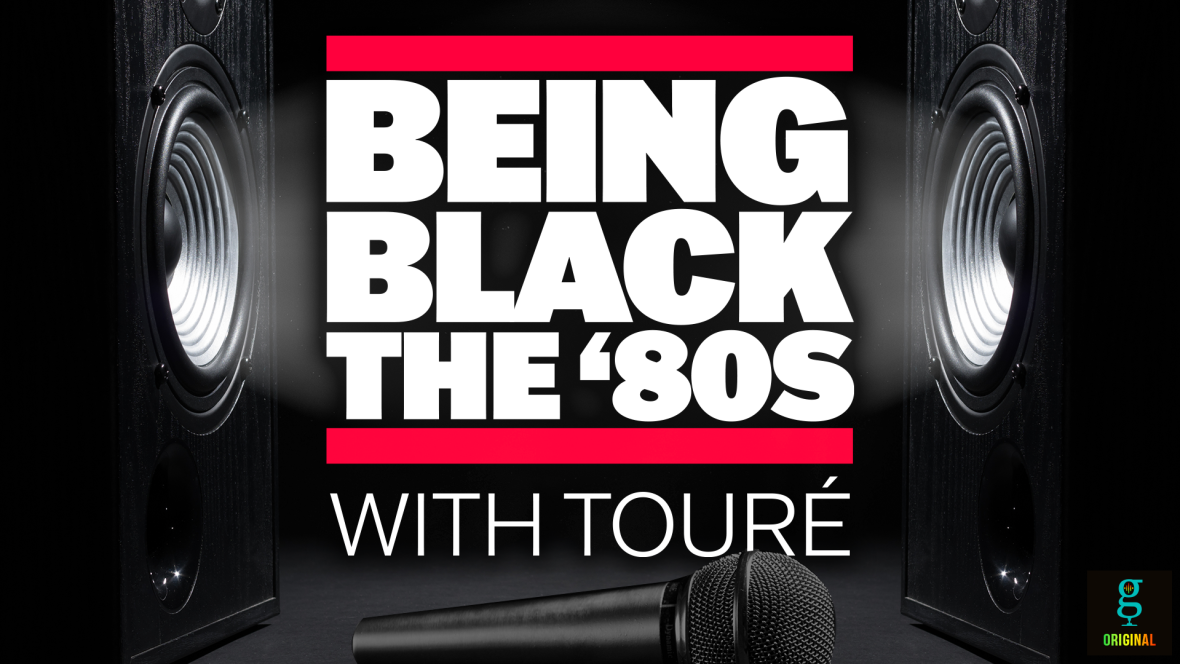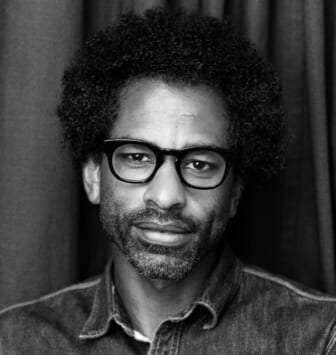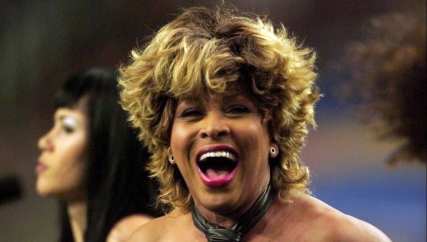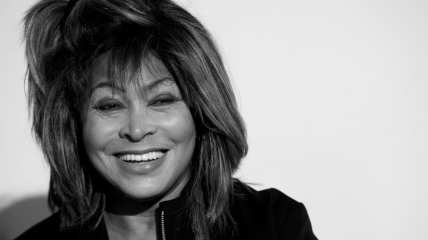‘Being Black: The ’80s’ is my new podcast about Black music and politics in the 1980s
OPINION: My new podcast "Being Black: The ’80s" is about Black political issues and music in an incredible decade.
Editor’s note: The following article is an op-ed, and the views expressed are the author’s own. Read more opinions on theGrio.
I have wanted to create a podcast like “Being Black: The ’80s” for years. I envisioned a show that lived at the intersection of culture and politics, a show that could explore how music relates to what’s going on in the world politically. Usually, when we think about political songs, we mean protest songs that are overtly political, but Black music is often inherently political. Songs that are not protest songs but are just discussing Black life can be political. In a world meant to oppress and suppress us, Black joy is political. In a world meant to break up the Black family, Black parenting is political. In a world where the American government allowed cocaine to be distributed in Black neighborhoods, being on drugs is political. So is not being on drugs. Black music that tells the story of what it means to be Black can be political without making a direct political statement.

“Being Black: The ’80s” — like my other upcoming shows “Being Black: The ’70s” and “Being Black: The ’90s” — is about Black political issues and the songs that speak to those issues. We dive into the song and the issues it brings up. Tracy Chapman’s “Fast Car” is a launching pad for a conversation about the prevalence of Afrocentric and diasporic thinking in the ’80s. Back then, we thought Africa’s problems were our problems, and we couldn’t be free until they were. The evil of apartheid made all of this particularly acute. Chapman’s career takes off when she performs at Nelson Mandela’s 70th birthday concert, which was televised around the world. But Chapman may not have ever made it to that stage if she had not been helped by affirmative action when she was a teenager, so her story also lets us flow into the impact of affirmative action.
When I started planning what we would discuss in the first season, I said OK what are the big, huge political issues of the ’80s for Black people? At the top of that list was the crack epidemic. Crack had a massive impact on Black communities in the ’80s, so we have two episodes speaking to the crack epidemic. One is based around De La Soul’s “My Brother’s A Basehead,” a powerful true story exploring the pain of having a crack addict in the family. The other episode is based around NWA’s “Dopeman” and what it was like to be a crack dealer and the overwhelming impact they had on the Black community.
We also built an episode around Diana Ross’s “I’m Coming Out” and how the way the rise of disco fueled the fight for gay liberation. There’s also one on Stevie Wonder’s “Happy Birthday” and the long struggle to make Dr. Martin Luther King’s birthday a national holiday. This is a sonic documentary looking at the world of the ’80s and the songs that mattered and what those songs said on a deeper level. It’s a show that’s digressive as it swoops from one part of the story to another. It’s a show that includes important voices like Dr. King’s daughter Bernice King, De La Soul’s producer Prince Paul, Public Enemy’s producer, Hank Shocklee, Stevie Wonder’s engineers on “Happy Birthday” and Donna Summer’s widower.
“Being Black: The ’80s” is a show that will take you into the funkiest history class imaginable. I don’t think there’s a podcast like this in the world, and I’m really excited for you to hear it. A lot of people put a lot of work into this, and it doesn’t sound like anything you’ve heard before. Every episode of “Being Black: The ’80s” will be available June 1 wherever you get your podcasts.

Touré is a host and Creative Director at theGrio. He is the host of the podcast “Toure Show” and the podcast docuseries “Who Was Prince?” He is also the author of seven books including the Prince biography Nothing Compares 2 U and the ebook The Ivy League Counterfeiter. Look out for his upcoming podcast Being Black In the 80s.
TheGrio is FREE on your TV via Apple TV, Amazon Fire, Roku, and Android TV. Please download theGrio mobile apps today!


